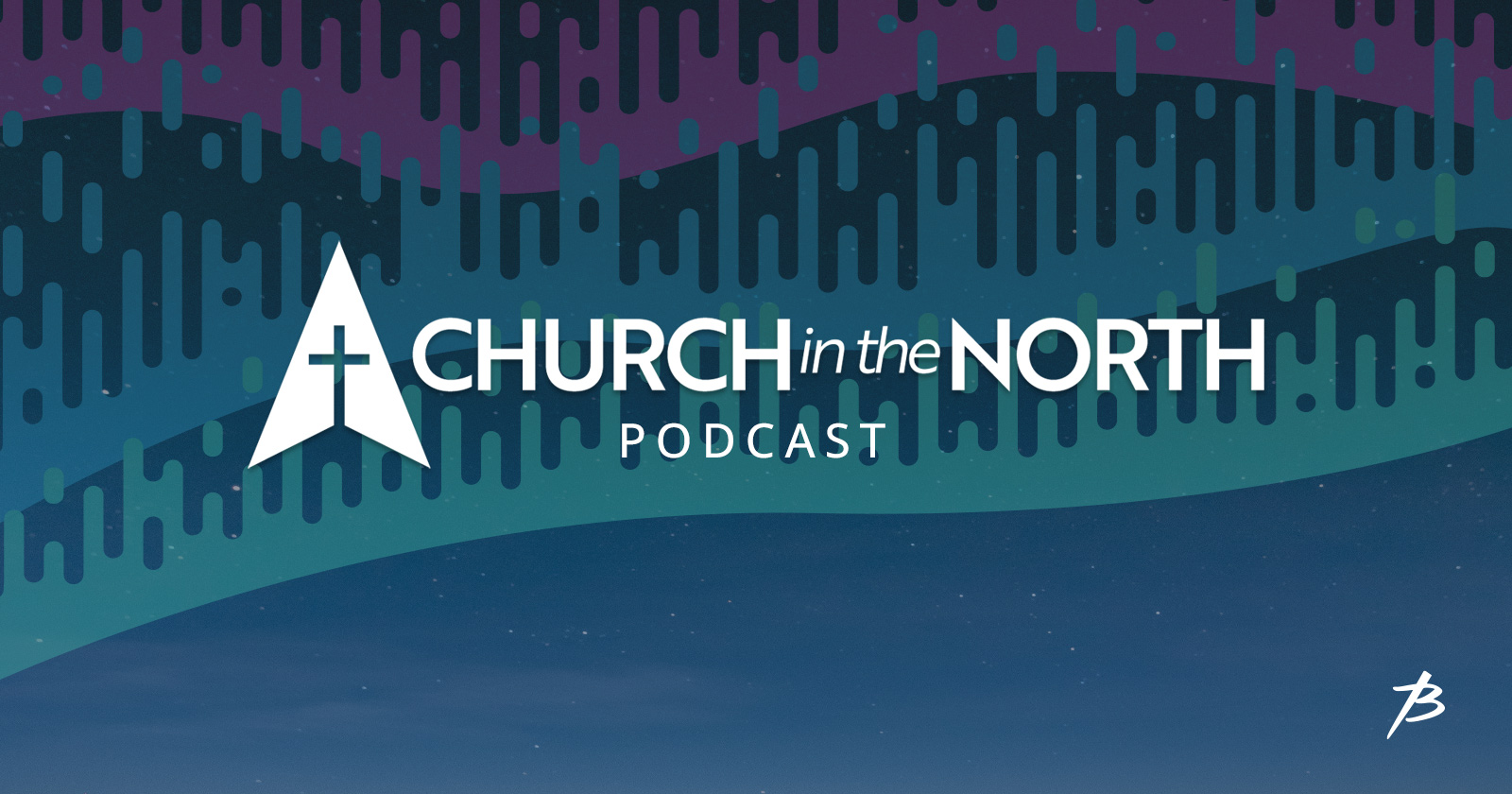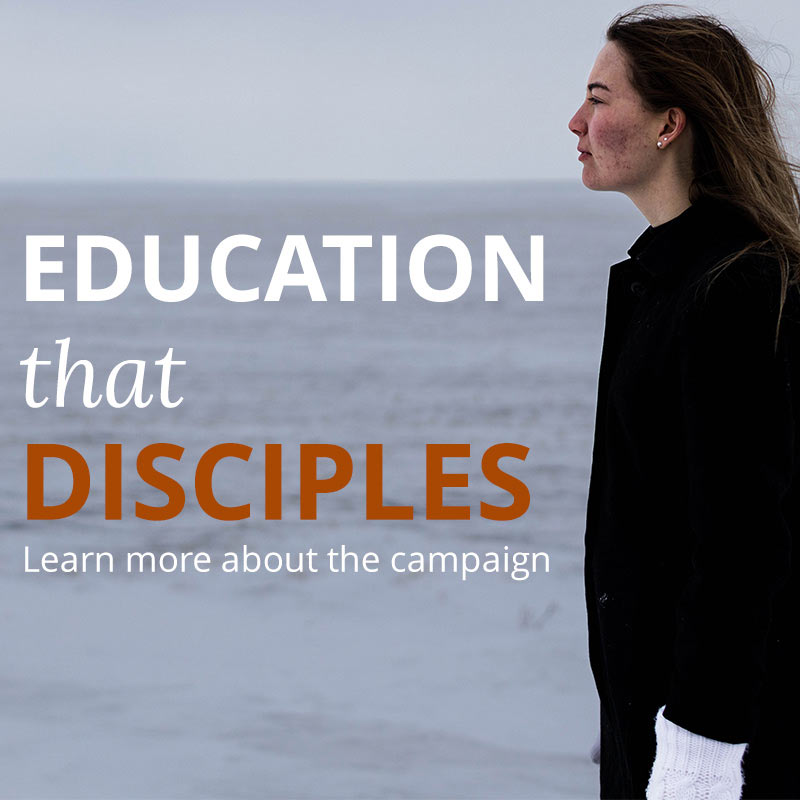Study Areas
- Biblical Studies
- Christian Ministry
- Counselling
- Greek
- Hebrew
- History
- Leadership and Management
- Psychology
- Research and Experiential Integration
- Theology
- Worship Arts
Counselling
-
CO 603 Foundations of Marriage and Family Therapy
This course is a survey of ideas and praxis essential for marriage and family therapy. The content will include theological, psychosocial, systems, and constructivist perspectives.
-
CO 606 Marriage and Family Therapy
The course will provide a comprehensive survey and broad understanding of the major models of couple, marriage, and family therapy, as well as diverse family systems.
Prerequisite: CO 603 Foundations of Marriage and Family Therapy
-
CO 703 Counselling Problems and Procedures
A study of counselling interventions from several therapeutic perspectives. This course will cover essential skills in family therapy, the counselling process from intake to termination, and emergency procedures in mental health practice.
Prerequisite: CO 603 Foundations of Marriage and Family Therapy
-
CO 705 Counselling Ethics
A survey of ethical, legal, and professional issues within the counselling profession. The course will explore issues of boundaries, informed consent, confidentiality, and legal demands.
-
CO 707 Procedures in Marriage and Family Therapy
This course takes the marriage and family model of understanding people and relationships and applies it to specific behavioural and relational issues, with a concentration on those issues related to working with families. The focus is on counselling practices, especially the use of questions in the context of family meetings that can help families and individual family members experience change toward health.
Prerequisite: CO 603 Foundations of Marriage and Family Therapy
-
CO 710 Crisis and Grief Counselling
This study of the dynamics, techniques, and guidelines for grief and crisis counselling emphasizes crisis and grief as a process (i.e. loss of spouse) and looks at the dynamics of suicidal or domestic crisis.
-
CO 712 Interpersonal Trauma Counselling
This course will explore the familial and cultural narratives that shape the context in which abusive relationships and trauma are experienced. Contemporary issues like family violence, sexual trauma, spiritual abuse, and professional misconduct involving sexual abuse will set the backdrop for the class discourse. Clinical interventions considered will reflect systemic perspectives and trauma-informed therapy.
Prerequisite: CO 603 Foundations of Marriage and Family Therapy or permission of the professor.
-
CO 713 Topics in Marriage and Family Therapy
This course focuses on advanced family systems theories and interventions. Students will have the opportunity to gain substantive understanding of specific systems theories and the specialized applied practices related to these theories.
Prerequisite: CO 603 Foundations of Marriage and Family Therapy or permission of the professor.
-
CO 714 Counselling Systems and Approaches
This survey course looks at a variety of current approaches to counselling and psychotherapy. It includes an extensive survey of systemic approaches, including the influence of postmodern ideas on this work. The course is intended to provide a broad background in systemic approaches for students of counselling and for others interested in the theological, philosophical, and technical bases of systems theory.
-
CO 717 Group Counselling Strategies
This course provides a look at group-focused counselling ministries from a number of perspectives. It incorporates a "reflecting team" approach to working within groups. The principles studied in this course are applicable to establishing support groups, therapy groups, or simply leading a better Bible study.
-
CO 720 Approaches in Supporting Clergy Well-Being
This course will focus on the unique features of vocational and multi-vocational ministry and its impact on the spiritual, psychological, social, and physical well-being of the clergy person and their family members. This course will also consider how various caregivers, educators, and leaders can support and enhance clergy well-being, both before and after issues arise. Cross-listed: CM 720 Approaches in Supporting Clergy Well-Being
-
CO 790 Counselling Practicum I
This practicum will focus on the person of the counselor through the experiential integration of counselling skills and concepts into each student's natural way of being. Qualities of highly effective counsellors will be highlighted and gifts within the student explored.
Prerequisite: CO 603 Foundations of Marriage and Family Therapy, CO 703 Counselling Problems and Procedures, and CO 705 Counselling Ethics.
-
CO 791 Counselling Practicum II
This practicum will focus on the skills and presence of the counselor through the experiential integration of counselling skills and concepts into each student's natural way of being.
Prerequisite: CO 790 Counselling Practicum I
-
CO 800 Counselling Internship (Non-credit)
The internship course provides students in the Master of Arts in Marriage and Family Therapy program with a context to gain professional counselling experience and receive clinical supervision. The internship course includes a combination of counselling and supervision hours in your clinical setting, along with seminars and assignments within the classroom setting. The counselling internship is a 600-hour internship. Within the required 600 hours, students must provide a minimum of 300-hours of direct counselling and 60-hours of supervision from a qualified supervisor. The remaining 240-hours are typically comprised of case planning, documentation, training, and other various internship related tasks.
Prerequisite: To register for Internship, students must have completed Practicum I and II with a final mark no lower than a ‘B’ in both and have approval from the Counselling Department Head. Also, the internship venue and clinical supervisor must be approved
-
CO 801 Counselling Internship (Non-credit)
The internship course provides students in the Master of Counselling program with a context to gain professional counselling experience and receive clinical supervision. The internship course includes a combination of counselling and supervision hours in a clinical setting, along with seminars and assignments within the classroom setting. The counselling internship is a 300-hour internship. Within the required 300-hours, students must provide a minimum of 150-hours of direct counselling and 30-hours of supervision from a qualified supervisor. The remaining 120-hours are typically comprised of case planning, documentation, training, and other various internship related tasks.
Prerequisite: To register for Internship, students must have completed Practicum I and II with a final mark no lower than a ‘B’ in both and have approval from the Counselling Department Head. Also, the internship venue and clinical supervisor must be approved
-
CO 819 Counselling Specialty
This study focuses on a particular emphasis of counselling ministry. The focus of this course varies from year to year.
-
CO 899 External Counselling Training - Independent Study
This course is an independent study (IS) built on the successful completion of counselling training offered by an external body. In consultation with the Counselling Department Head, students create a contractual syllabus that adds reading and written assignments to complete the academic requirements of an 800-level graduate class. This course can be used as a counselling elective.
Prerequisite: Completion of pre-approved external training.


